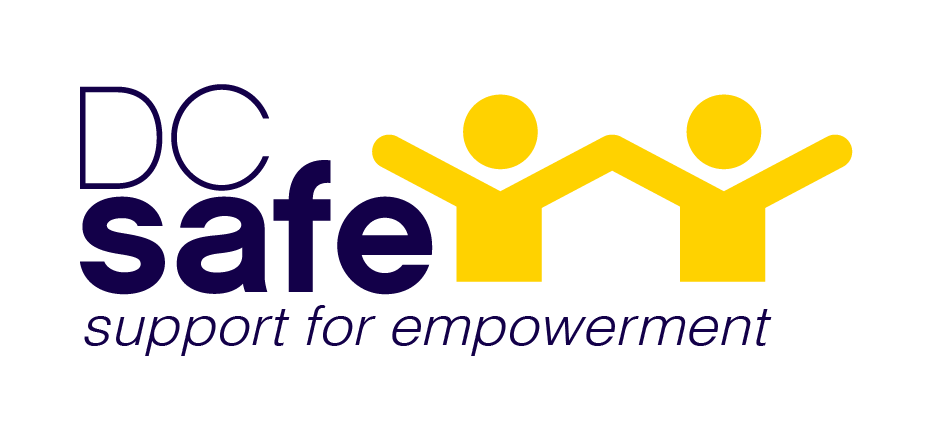DC SAFE
On Thursday July 20, 2023, we proudly hosted the Ribbon-Cutting Ceremony for our new SAFE Space Crisis Shelter in Northeast DC. It marked a significant milestone for us in our ongoing commitment to providing dignified emergency housing and comprehensive support for survivors of domestic violence.
Despite facing numerous obstacles during the unprecedented global health pandemic, the two-year construction journey culminated in an extraordinary achievement—the delivery of a 30-unit crisis shelter that will triple current capacity, housing an estimated 750 survivors and families each year.
Deputy Mayor of Public Safety & Justice Lindsey Appiah
“Certainly you’ve heard about the challenges of getting the building built, but also the resilience of survivors," said Deputy Mayor Lindsey Appiah, "I think on so many levels—what we’re standing in—is a representation of resilience.”
Several community leaders joined Deputy Mayor Appiah in delivering remarks, including Office of Victim Services & Justice Grants Director Jennifer Porter, Congresswoman Eleanor Holmes Norton, and Council members Charles Allen, Brooke Pinto, and Zachary Parker. Afterward, we invited everyone to tour the finished building for the very first time!
We were particularly excited to show off the residential spaces, ranging from studios to three bedrooms, designed to expand and contract based on family size. We also guided guests through our shelter intake offices and penthouse level, which includes recreational areas for adults and a rooftop play area for children.
Shelter Unit Kitchen
Shelter Unit Living Room
Going from room to room, our team was struck by the magnitude of what we had accomplished, which was only made possible by the tremendous backing of our shelter project partners, to whom we extend heartfelt gratitude.
Natalia Otero, Co-founder and Executive Director, DC SAFE
Because of their tireless efforts, SAFE Space's impact will extend beyond individual survivors, positively influencing the entire community by fostering a culture of empathy, support, and empowerment.
As our Executive Director Natalia Otero said, "Social change is not for the short of patience or perseverance...and it can only be innovative and adaptive if it is backed up by collective action. This incredible building is a testament to that."
We put the first steps in motion for building SAFE Space over six years ago, and needless to say, this has been our shared dream for a long time. Thank you to all our friends and supporters throughout the community for helping make this possible!








